Fleet decision-makers need to investigate collisions involving at-work drivers thoroughly to understand the root causes and prevent recurrence.
They should also make sure drivers report incidents as quickly as possible to further minimise costs.
Failing to report the crash and capture incident information promptly affects the entire claims journey, from validation, deployment of services and cost control of areas such as protracted vehicle repairs and costly hire car rates, to unpredictable personal injury claims and legal fees, as well as fraud.
With insurance premiums and the cost of collisions rising, visitors to this year’s Fleet and Mobility Live learnt how best to manage the end-to-end process from pre- to post-incident.
Seminar panellist, Lorna McAtear, fleet manager at National Grid, told visitors that the key to effective accident management and keeping costs down, is to carry out a thorough investigation after an incident and understand the trends.
“You need to not ignore the simple bumps, because sometimes there’s an underlying root problem somewhere else that needs looking up,” she said.
“And, if you’ve got these things in your policies, but you’re not adhering to your policies, then actually your costs go up next time around, because you’re not doing what you say you’re going to do either.”
However, she added: “Whether you’re outsourcing it or dealing direct, if you are keeping your information, you have your evidence to then use that as a cost base to either go back internally or to work with your partners externally.”
Highlighting the prevalence of the types of incidents fleets have to deal with, Peter Milchard, head of motor risk at Howden Insurance, revealed that low speed manoeuvring is by far the biggest cost to the insurance sector and to the businesses.
He urged fleets to review policies and procedures to promote an open, honest culture around incidents.
“We need to try and get the culture right that it’s not acceptable for slow speed manoeuvring incidents in your business,” he said.
The panel at the Fleet and Mobility Live seminar emphasized the need for a comprehensive approach to risk management, considering both driver behaviour and organisational policies.
Andrew Chandler, sales director at FMG, said: “Prevention is always better than cure.”
Watch the ‘Accident management: don’t let spiralling costs crash your business’ seminar from Fleet and Mobility Live below

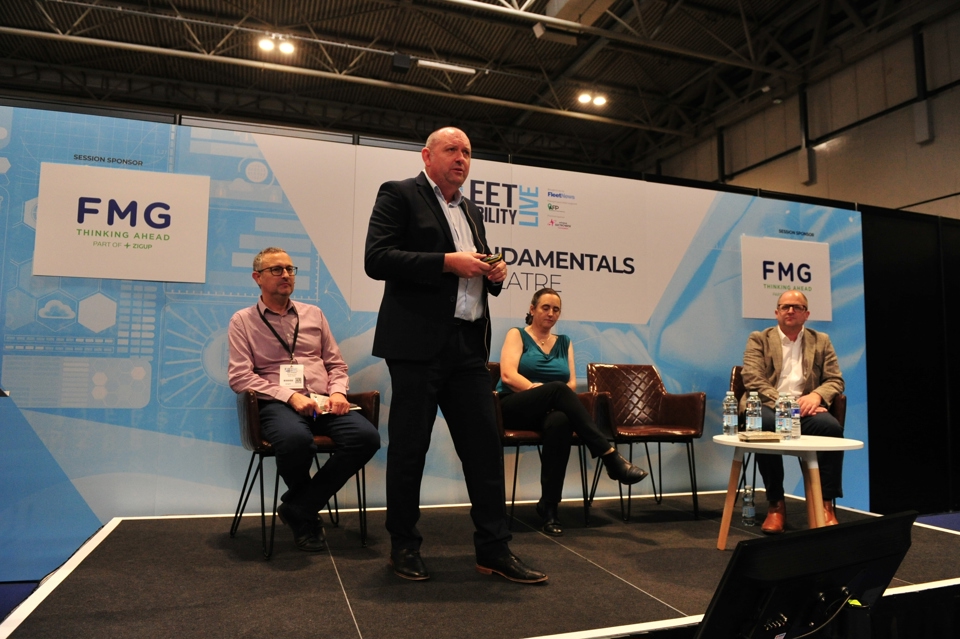




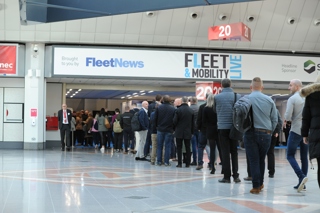
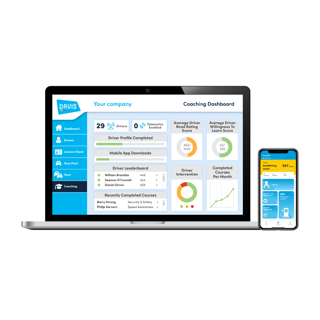
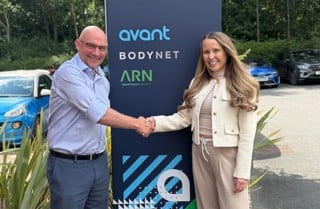
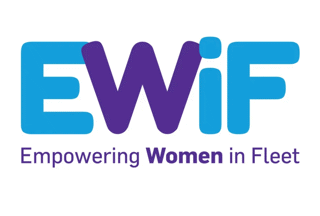












Login to comment
Comments
No comments have been made yet.